The adaptation of Scott Westerfield’s 2005 novel, Uglies, dropped on Netflix on Sept. 13 and it’s, well, ugly.
The first novel in the four-book series centers around Tally Youngblood, a teenager in a high-tech, post-apocalyptic society. In order to maintain control of the people in the country, the government forces its citizens to receive plastic surgery at 16-years old, transforming teens from an “Ugly” to a “Pretty.”
The mistreatment of Uglies leads to a rebel group — The Smoke — to form. After Tally is welcomed into the group, she learns of the nefarious intentions of the government — to maintain rigid control over the population — and commits to fighting back.
Westerfield’s series transports readers into Tally’s world, taking us through the protagonist’s moral dilemmas while also exploring important themes like the beauty of individuality. Tally’s character development and internal conflicts are relatable, one of the reasons the series was a hit with young readers when it debuted in 2005. Tally makes mistakes (like us) and struggles with her worldview as she learns more about the society she lives in.
Unfortunately, unlike successful (and faithful) novel-to-screen adaptations like Divergent, Harry Potter and The Umbrella Academy, not nearly enough material was pulled from Westerfield’s Uglies when adapting the movie. Instead, we’re left with an over-simplified plot, a messy love triangle, and a two-dimensional protagonist who is nuanced and empowered in the books, but shallow and boy-crazy in the film.
The novel gave the movie’s producers a deep well of ideas to pull from. The film’s writers — Jacob Forman, Vanessa Taylor, and Whit Anderson — could have leaned into the novel’s philosophical examination of beauty standards. Instead, the filmmakers mute Westerfield’s commentary on the dangers and toxicity of “ugly versus pretty” societies.
The writers, and director McG, could also have capitalized on Tally’s empowerment in the book, inspiring audiences like the Tally in the book inspires readers. But the movie discards themes of female empowerment in favor of action and a conflict between two male love interests.
The movie also lacks the complexity of Westerfield’s 436 page novel. It makes sense that movies cut out bits and pieces of books for length and pacing, but this adaptation is oversimplified, stripping away much of Westerfield’s character development and plot nuance for the sake of action set pieces and corny romance.
But the most disappointing aspect of the movie is its devastating simplification of Tally’s character. In the book, Tally joins the rebel group because she is inspired by the tight knit community and authenticity of the people in the camp. She forms deep connections with the citizens of The Smoke (the rebel enclave) and makes great sacrifices to protect her new friends from the government.
In the film, Tally’s strength and empowerment are flattened, the writers choosing to bulldoze those traits in favor of amplifying her relationship with David, the son of The Smoke’s founders, and male love interest. Instead of her innate strength motivating her to rebel against the government, it’s a man who compels her to switch to the rebel side. Essentially, Tally is not empowered by the community or her own character, but by the prospect of a romantic partner.
The characterization issues are not entirely the fault of the movie’s trio of writers, but due to the casting of Joey King, star of another Netflix original, The Kissing Booth, as Tally. King is consistent, at least, with the same dramatic overreactions and cringe line delivery she exhibited in the 2018 romantic comedy.
King’s exaggerated performance clashes with a very capable supporting cast, including Brianne Tju (I Know What You Did Last Summer) as Shay and Laverne Cox (Orange is the New Black) as Dr. Cable. Especially effective is Tju, who voices the rebellion and triggers the start of Tally’s internal conflict through convincing dialogue and acting.
The authenticity of the supporting cast further draws attention to King’s portrayal of Tally as a helpless teen girl who whines her way through conflict rather than courageously and believably fighting back.
It is apparent, sadly, that the filmmakers seemed more interested in accommodating King’s acting style and fame from The Kissing Booth (and amplifying the Kissing Booth-like love triangle) than staying true to Westerfield’s inspiring and empowering creation.
And as the movie progresses it gets, well, uglier.
Warning: Spoilers Ahead
Unlike the novel, which wisely ends Peris’s storyline when he turns into a Pretty, the movie ends with his return (with superpowers!), tasked with stopping the rebels. Instead of honoring the book’s closure of that character’s story, the producers bring him back solely for a “climactic” fight scene between Tally’s two love interests (just like in The Kissing Booth). The fight further reduces Tally’s character to a girl stuck in a love triangle.
The movie is a far fall from the beloved book series. It misses so many opportunities to build on the themes of the perils of technology, the importance of positive self-image, and the dangers of being a divided community.
The film lacks the nuance of the novels and reduces the main character to a girl stuck deciding between two men, in a shallow ploy to attract the same audience of Netflix’s hit The Kissing Booth.



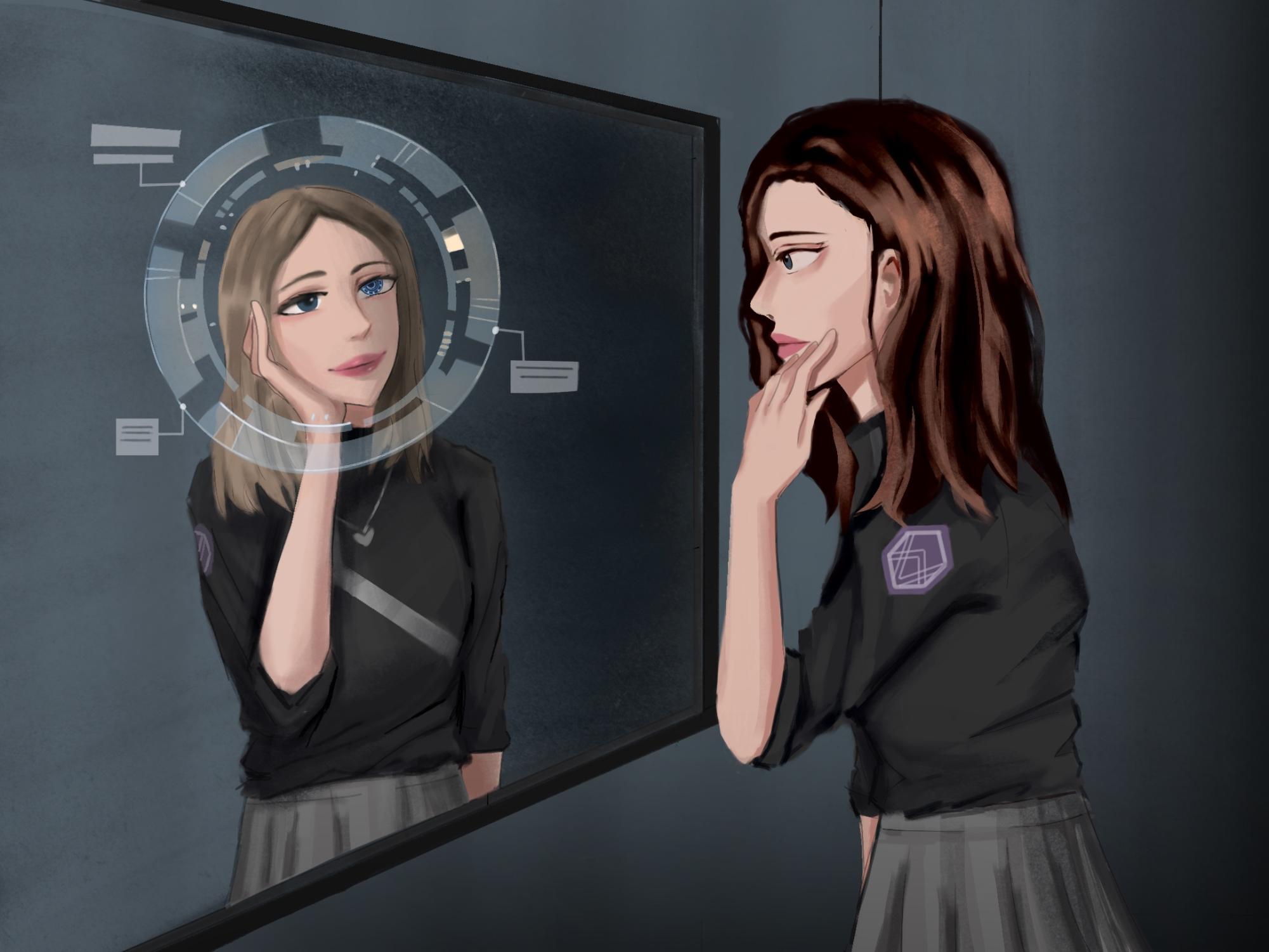


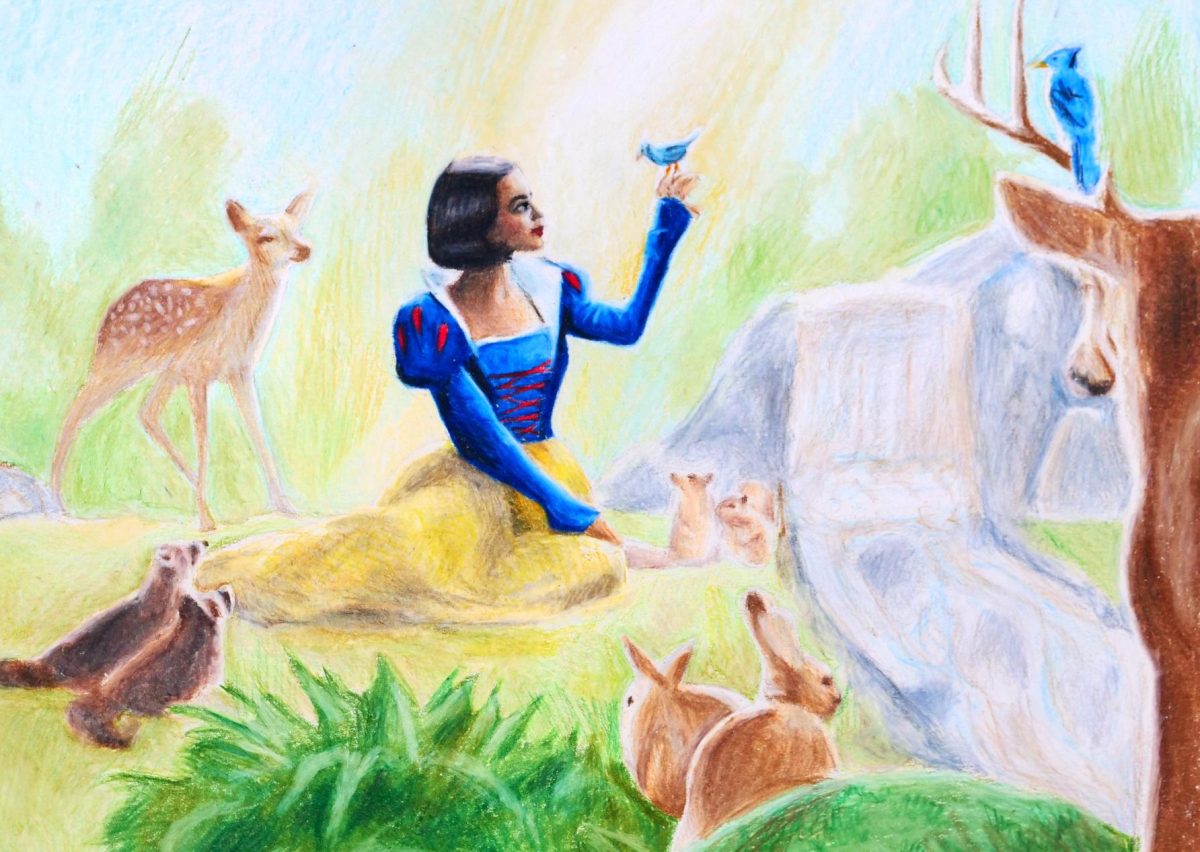
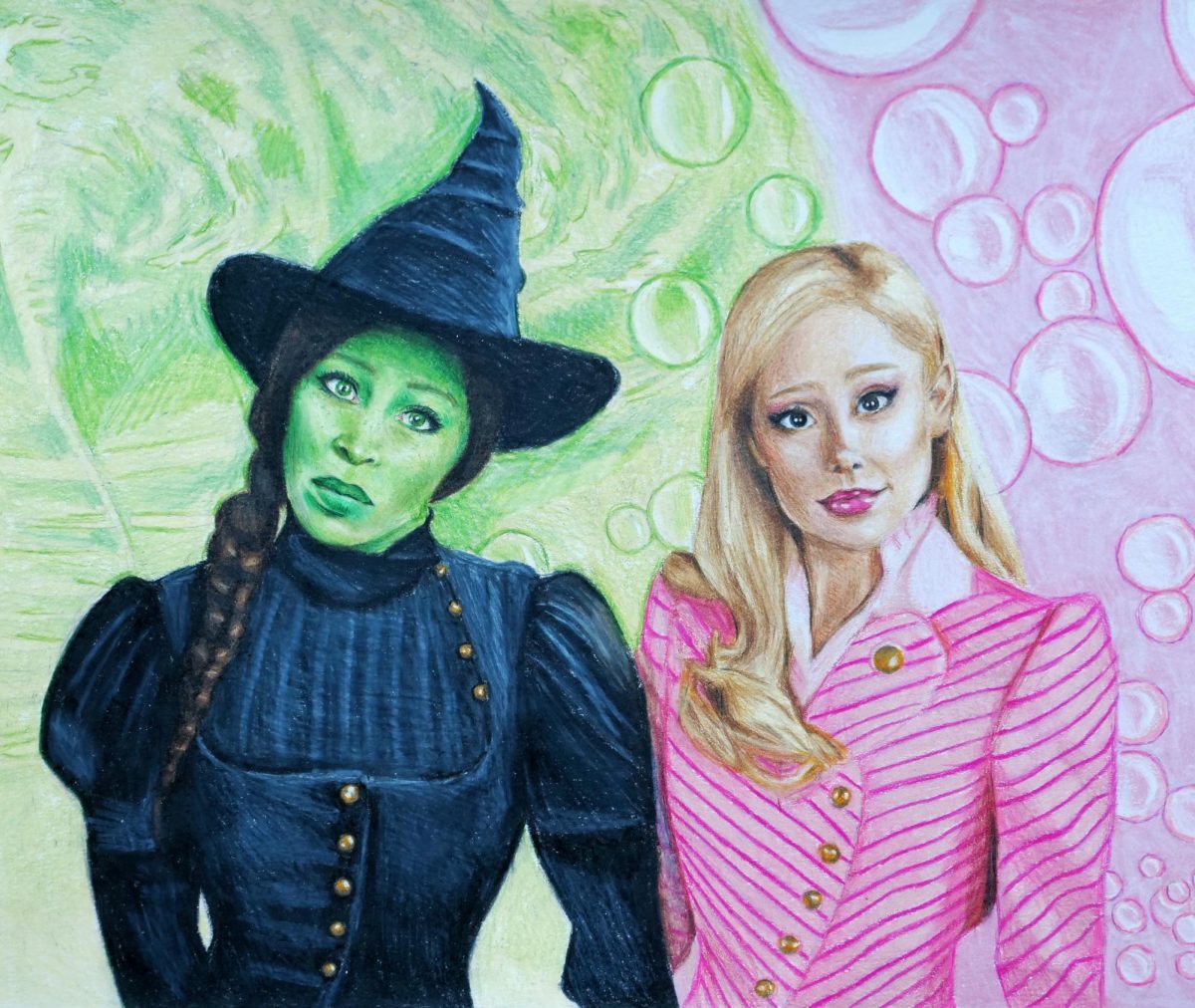
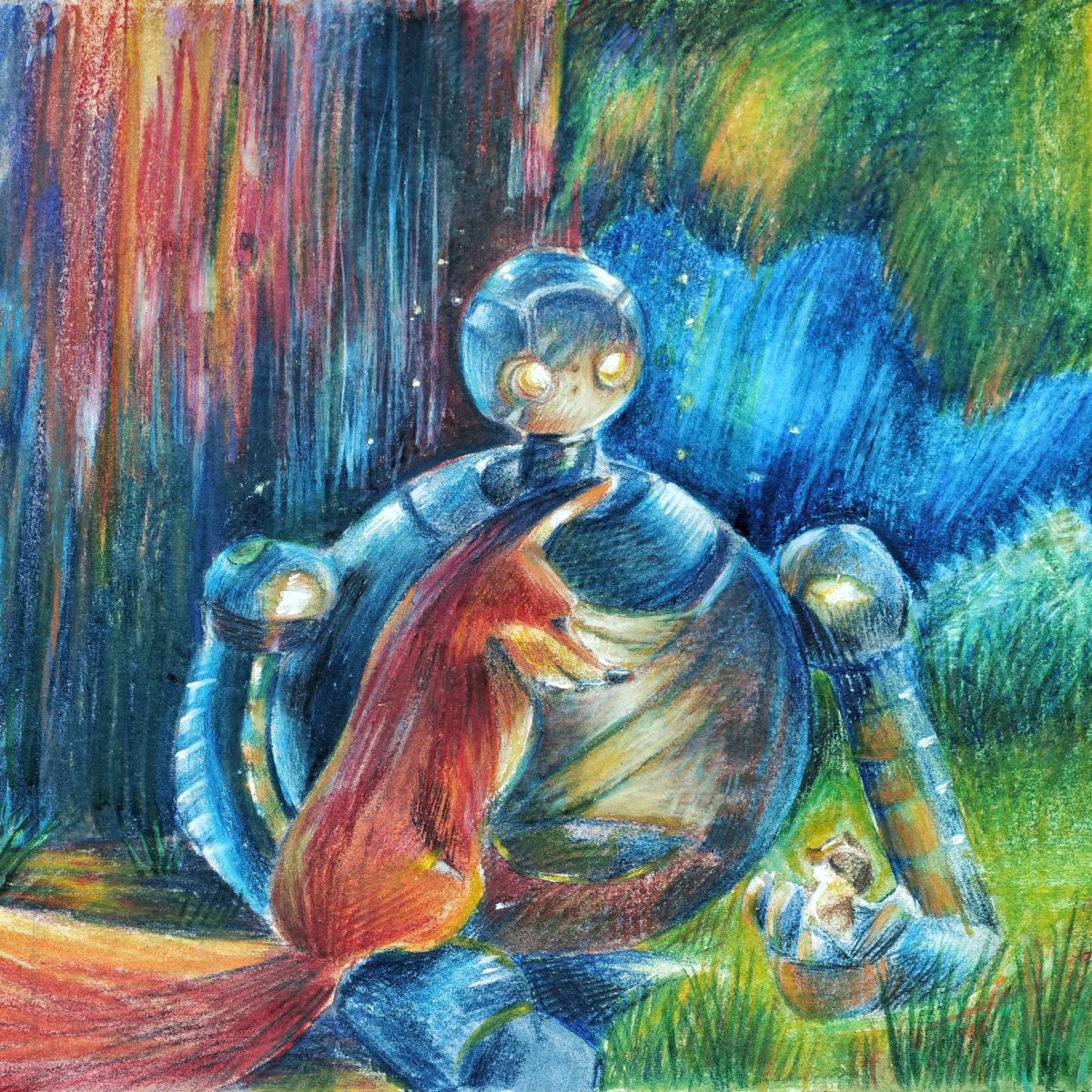
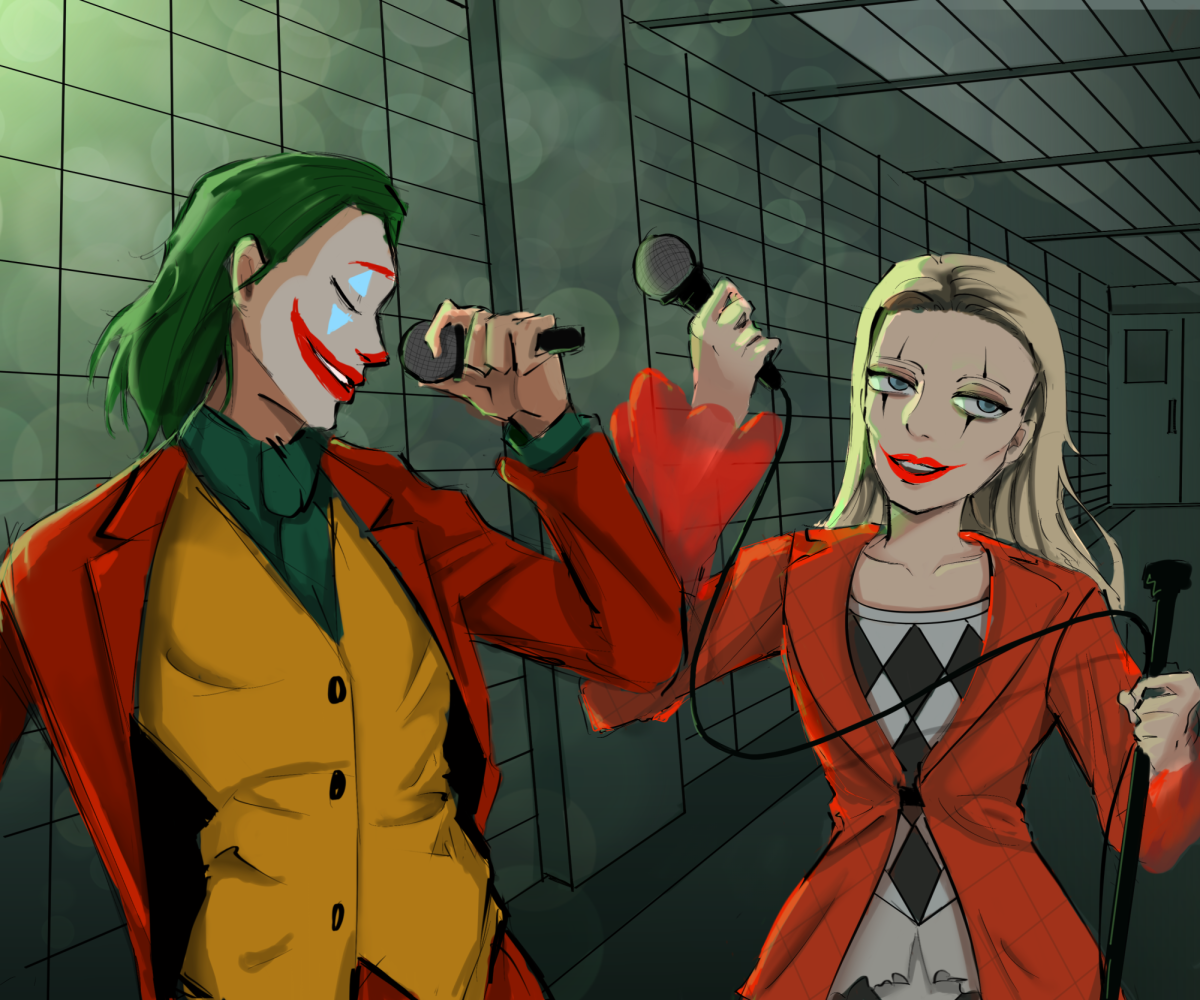
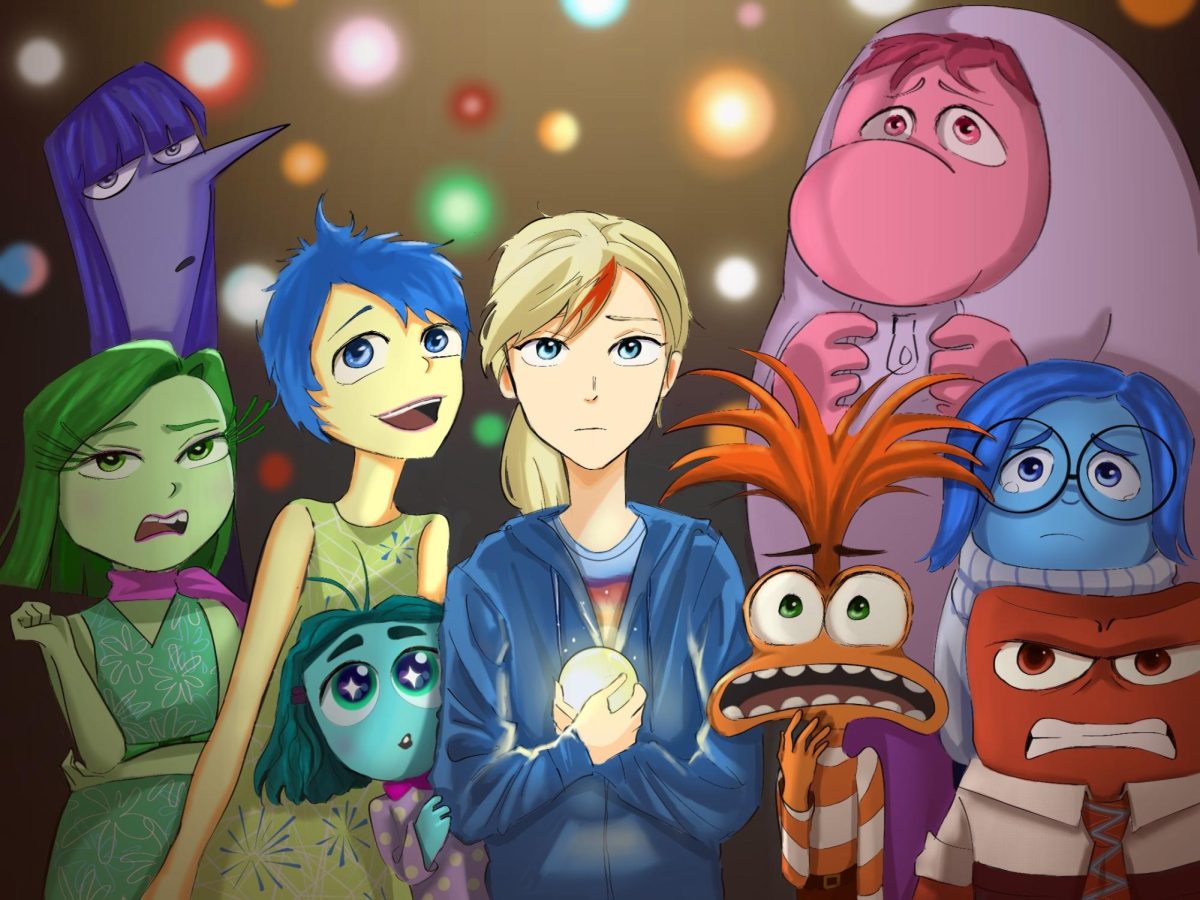
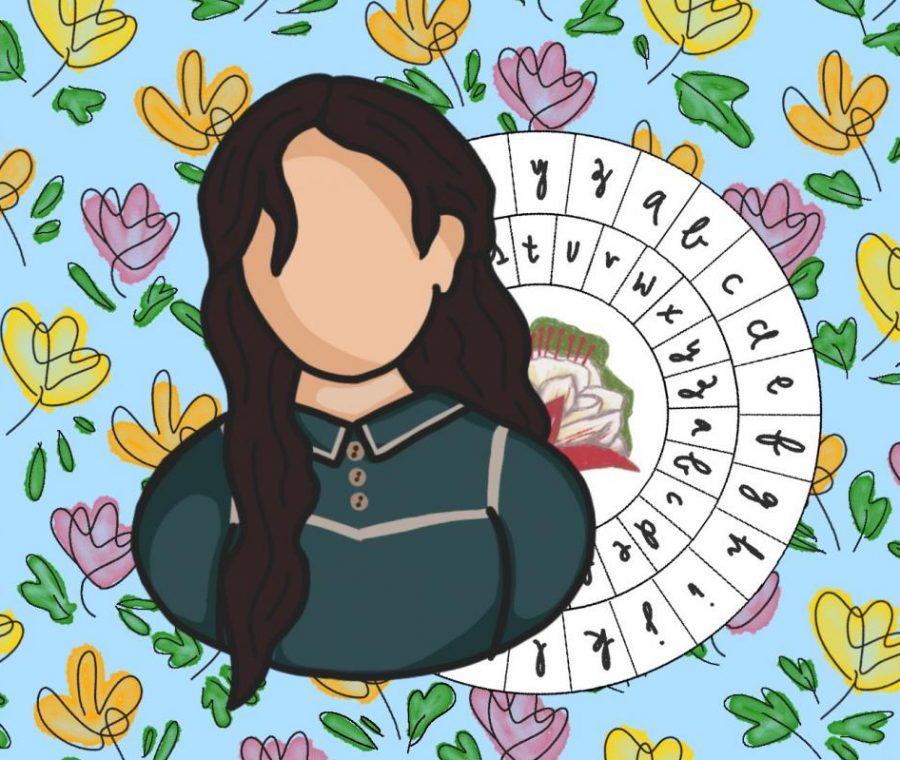
YANII • Oct 7, 2024 at 11:02 am
I LOVEEEEEEEEEEEEEEEEEEEEEEE ITTTTTTTTT
Carl • Sep 23, 2024 at 5:35 am
Great review, it makes me have enough interest in the book to want to see the movie.
Is Ms. Chappell a seasoned film critic? That girl has a gift!